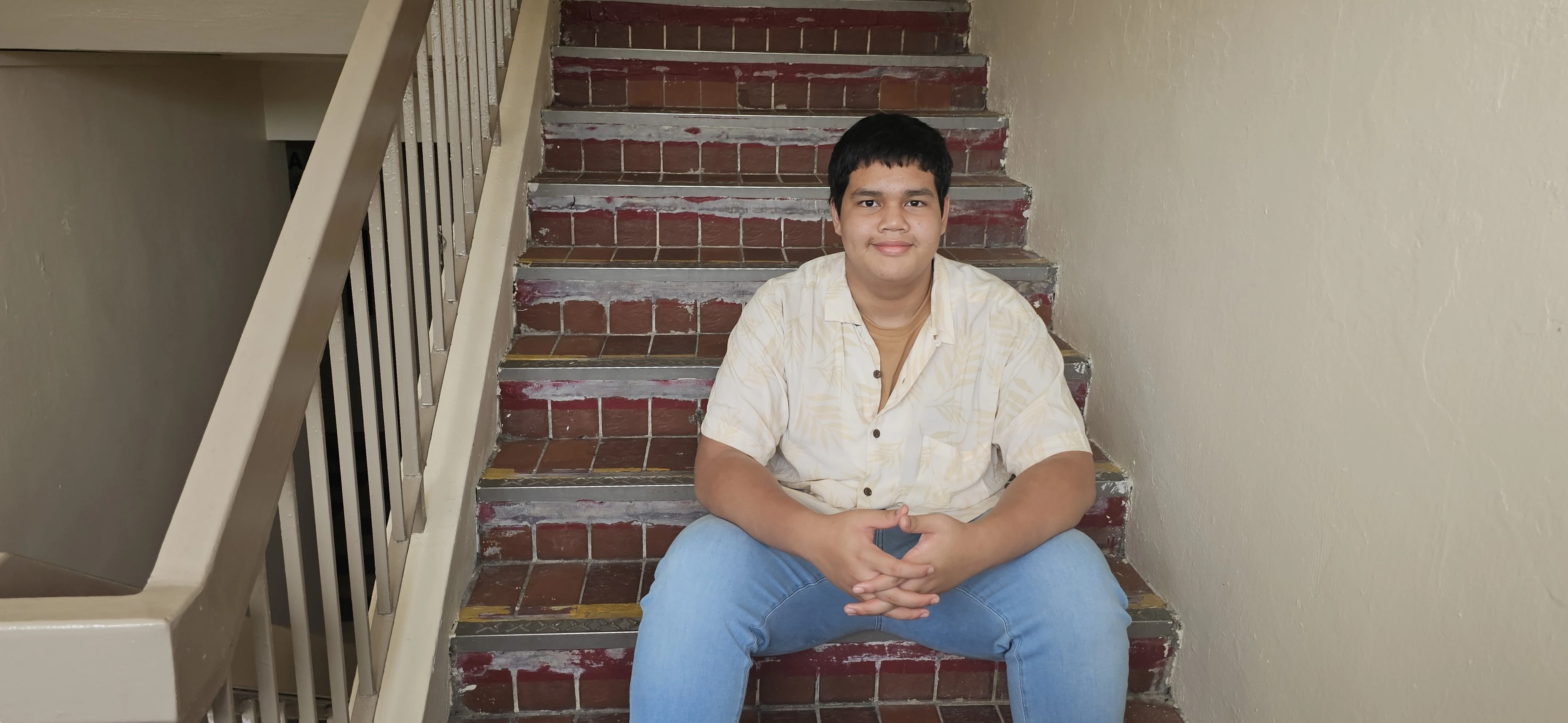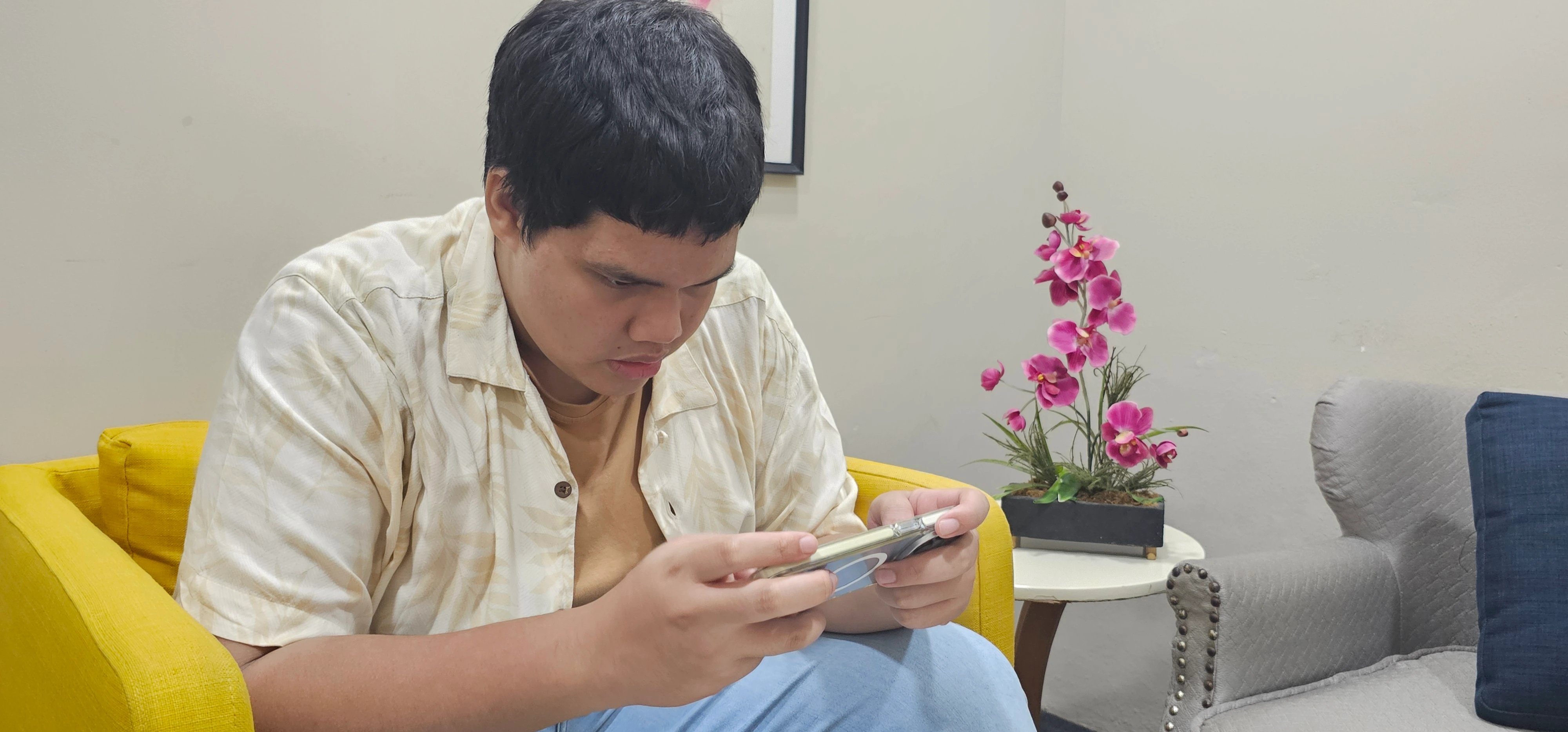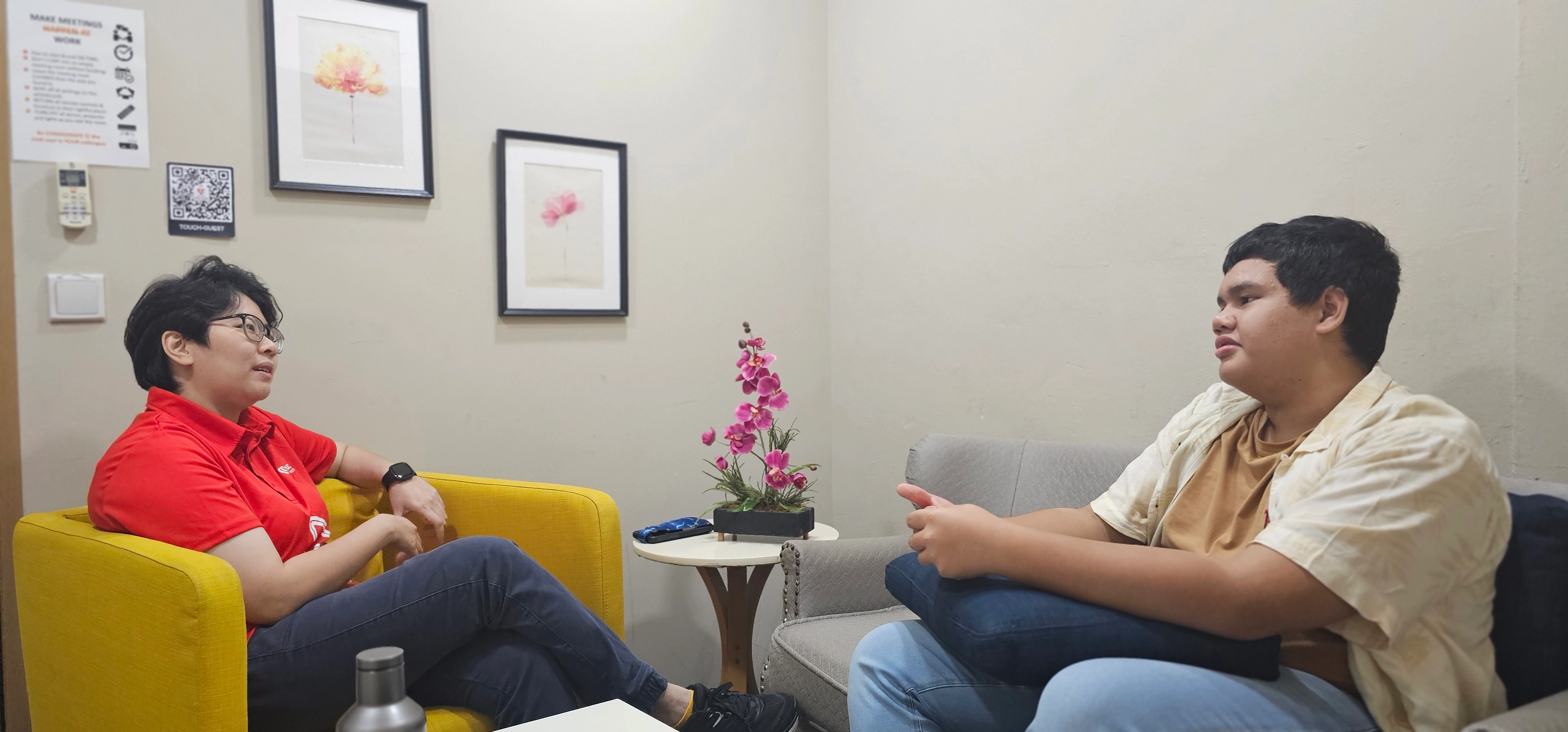Breaking Free from Gaming Addiction

Zinedine has been an avid gamer since he was 7. If he’s not gaming, Zinedine would be scrolling through social media or chatting with friends online. As he grew older, the excessive gaming and screen time began to encroach on his studies and relationships, leaving little room for homework or family time.
The first signs of distress showed up when Zinedine was 10. His daily screen time went from 4 to 5 hours in Primary 4 to a staggering 9 to 10 hours in Primary 5 and 6. As his screen addiction deepened, he found himself neglecting his studies for games. He even had to drop higher mother tongue in Primary 5 as his poor grades disqualified him from the subject.
Zinedine’s family grew increasingly concerned as his academic performance shifted from consistently getting good grades to failing his subjects. They urged him to quit gaming and focus on his studies, which led to disagreements and unhappiness at home. The pressure from his family only exacerbated the situation as it pushed him further into gaming as a form of escape. He started avoiding his family just to play games and talk to his friends, further straining their relationship.
“Gaming took over my life. The more my parents nagged me to study, the more I rebelled. I used my device to escape reality, and their attempts to control me only made things worse,” shares Zinedine.

Caption: Zinedine playing one of his favourite games, Call of Duty Mobile.
Despite his poor grades, Zinedine made it to Secondary 1. However, his excessive gaming remained a problem and he nearly had to repeat the academic year. By the time he was in Secondary 2, it became clear that Zinedine was struggling to cope with his studies, which prompted his teacher to intervene and find him the help he needed.
Zinedine was referred to TOUCH's DigitalMINDSET programme where he received counselling to address his excessive device use. Through counselling, Zinedine became aware of the negative impact excessive gaming had on his studies and relationship with his family. Although he knew that the process would be tough, Zinedine was keen to make a change.
Zinedine attributes his growth to his counsellor – Ms Will Fong, who played an instrumental role in guiding him to overcome his gaming addiction. “He was initially fearful of change as he didn’t want to make sacrifices, but the counselling sessions helped him to realise the need for change,” shares Ms Fong.

Caption: Zinedine and his counsellor, Ms Fong, in a counselling session.
Zinedine learnt that the time he spent gaming could be better utilised for activities that would benefit his well-being. Determined to take control of his time again, he began incorporating running and strength training into his daily routine as stress-relieving activities. Over time, he has noticed a significant improvement in his stamina and strength.
“The time that I save from cutting back on gaming, I use it to improve my studies, well-being and relationships with my family. I realise that it’s a much better investment of my time.”
Ms Fong also worked with Zinedine's parents, providing them with effective parenting strategies and tools to foster understanding and support their son's journey. Since reducing his screen time, Zinedine has become more mindful of his time with family. When he visits his grandparents now, he is more present and engages in meaningful conversations with them instead of being glued to his mobile device.
“Zinedine has actively made changes, and I hope he continues to believe in himself and his ability to overcome challenges as he works towards his goals,” shares Ms Fong. One of Zinedine’s goals is to help others who are dealing with mental and emotional health challenges as he finds fulfillment doing that.
Zinedine’s advice to those struggling with device addiction is to take small steps rather than rushing to make drastic changes. “Reduce your screen time by 30 minutes at a time and use the extra time for activities that benefit your well-being. Take small steps to gain momentum and tackle the problem."
Under DigitalMINDSET, Zinedine learnt to prioritise his time and better manage his device usage and gaming tendencies. From 10 hours of mobile phone use a day, he now has a daily screen time of about 2 to 3 hours. He has also reported significant improvements in his relationship with his family and is working towards building stronger and more positive relationships with them.
Zinedine has since graduated from DigitalMINDSET and is making progress to improve his life. He is now focusing on his studies and hopes to enter the Polytechnic Foundation Programme after he graduates from Secondary School.
---
DigitalMINDSET is a nine-month programme for youths aged 12-21 who have developed mental health issues from excessive gaming and device use under TOUCH Counselling and Intervention (TCI). It aims to cultivate consequential-thinking, facilitate problem-awareness and motivate youths to seek a holistic balance with various aspects of life.
Story published in 2024.


